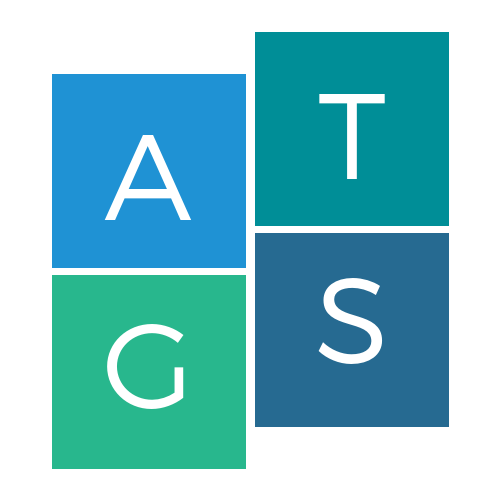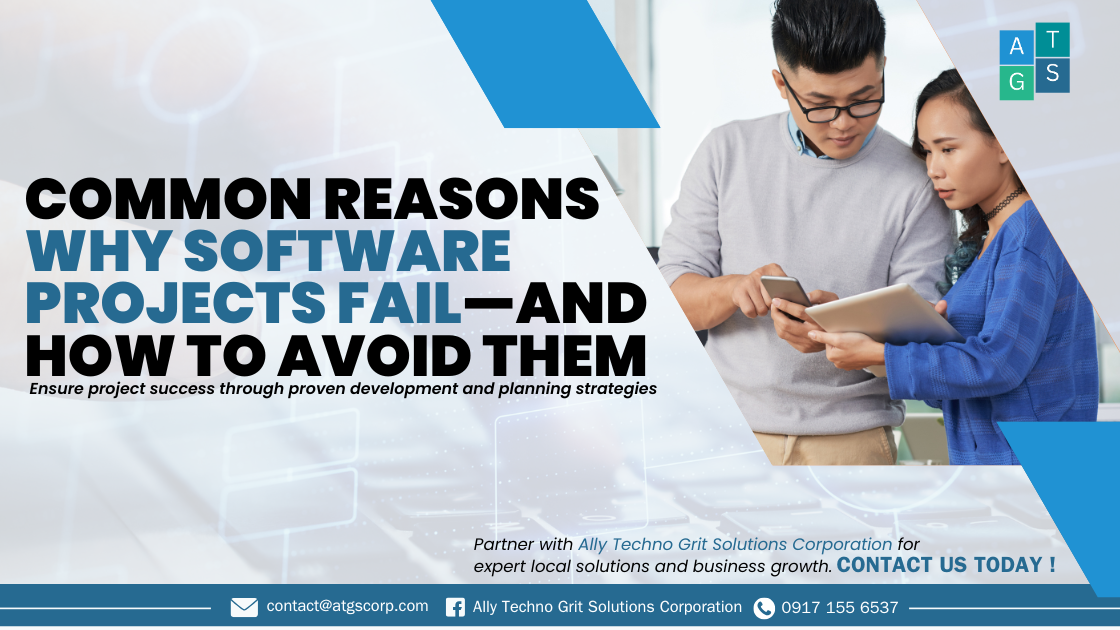An Enterprise Resource Planning (ERP) Software is a single application with a single repository that integrates, automates and manages the different processes of various departments in an organization. With all the information of the business in a single location, the software allows different users across multiple departments to access consistent, accurate and unique data in real time resulting to an improve data analysis and better decision making.
Using an ERP platform in the business will also result to a more defined and streamlined enterprise processes and activities thereby eliminating repetitive and redundant manual encoding of related information. Hiring people to encode the same information from one system to another requires additional time and cost. The business can redirect the money saved in this area to other important expenses which will result to a better Return on Investment (ROI).
Employees has also the opportunity to communicate, collaborate and share information across the organization with the use of ERP that eventually will increase the level of productivity and job satisfaction. There are a lot more benefits of investing in this software like accurate and timely reporting and forecasting, improved regulatory compliance and better scalability.
Most of the ERPs in the market today can be customized depending on the design, structure and requirements of the organization. Some of the most famous ERPs on the market are SAP, Oracle, Net Suite, Microsoft Dynamics and others.



-1748399375.png)

-1742456856.png)

 (19)-1723771883.png)
 (17)-1721953744.png)